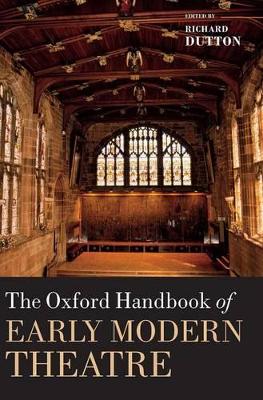There was no single 'Elizabethan stage'. Early modern actors exploited various opportunities for patronage and profit between the 1570s and 1642, whether touring, or performing at inns, in country houses, in purpose-built theatres, at court, at the universities or at the inns of court. This authoritative and comprehensive collection of new essays explores the social, political, and economic pressures under which the playing companies of Shakespeare and his
contemporaries operated. It shows how they evolved over time to meet new challenges such as the opposition of City of London authorities, the possibility of permanent location in London, the re-emergence of boy companies c. 1600, and the great increase in court performance which began under James I. Essays
also explore the practical everyday business of playing: acquiring scripts and playhouses, dramatic authorship, the contribution of financiers and entrepreneurs, rehearsing, lighting, music, props, styles of acting, boy actors, and the role of women in an 'all-male' world. A number of contributors address the methodologies of theatre history itself, questioning its philosophical premises and evaluating the nature of the evidence we have, such as that from stage directions in play-books or from
the visual records. The collection as a whole offers a challenging account of the world of the players in Tudor-Stuart England, revising old assumptions and so inviting us to explore anew the plays which were written for them and which are their greatest living legacy.
- ISBN10 0199287244
- ISBN13 9780199287246
- Publish Date 14 May 2009
- Publish Status Active
- Publish Country GB
- Imprint Oxford University Press
- Format Hardcover
- Pages 744
- Language English
